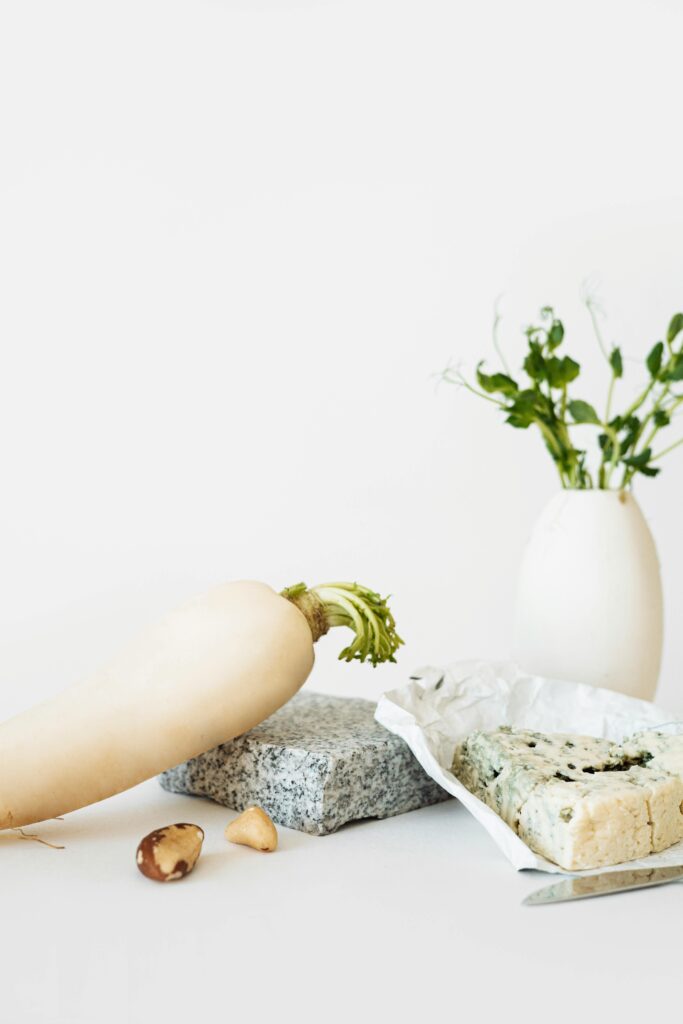TL;DR: Break down the real costs of homemade vs. processed foods, including hidden savings on health, portion control, and ingredient versatility.
Introduction
The phrase “cooking from scratch” often conjures images of marathon kitchen sessions and complex recipes, but the reality is far simpler and more rewarding. Cooking from scratch means preparing meals using basic, whole ingredients rather than pre-processed, convenience foods. While the immediate time investment might seem greater, the financial and health benefits extend far beyond the obvious grocery savings.
The true value of scratch cooking lies not just in the pennies saved per meal, but in the compound benefits that accumulate over time. When you control every ingredient that goes into your food, you control costs, nutrition, portion sizes, and flavor profiles in ways that processed foods simply cannot match.
This comprehensive analysis reveals the hidden financial benefits of scratch cooking, from obvious savings on ingredient costs to subtle advantages like reduced healthcare expenses and decreased food waste. Understanding these benefits can transform your relationship with cooking from a chore into a valuable investment in your financial and physical well-being.
The Direct Cost Comparison
Homemade Tomato Sauce vs. Jarred
- Jarred sauce: £2.50 for 500g (£5 per kg)
- Homemade: £0.80 for 500g from canned tomatoes, herbs, garlic (£1.60 per kg)
- Savings: 68% per serving
Fresh Bread vs. Store-Bought
- Store-bought loaf: £1.20 for 800g
- Homemade: £0.45 for flour, yeast, salt, water (same weight)
- Savings: 62% per loaf
Soup Comparison
- Canned soup: £1.80 for 400g (£4.50 per kg)
- Homemade: £0.60 for vegetables, stock, seasoning (£1.50 per kg)
- Savings: 67% per serving
Salad Dressing


